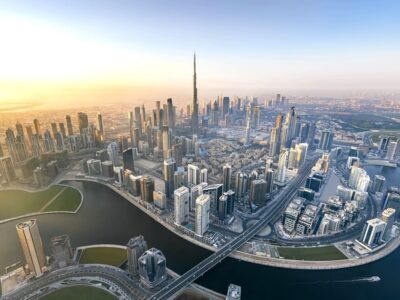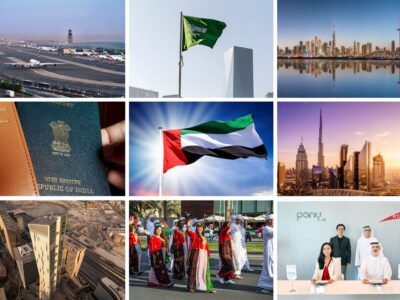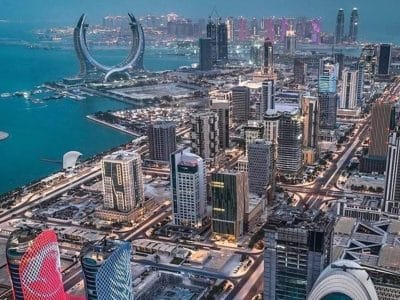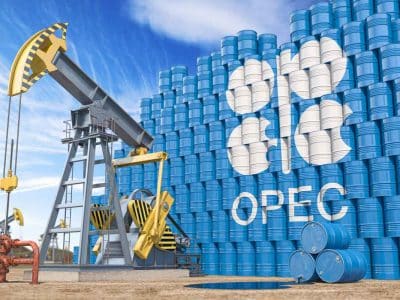Some months, hot topics hang heavily over certain sectors but, once in a while, an issue arises and comes to dominate all businesses in all industries; the global economic slowdown is one such concern.
For a while, tremors have been felt throughout the GCC but, suddenly and almost imperceptibly, we’re in the grasp of an earthquake and, understandably, it’s all that any one in the industry can talk about.
Although a storm would, perhaps, be a better analogy. In reality, the situation is complicated here – especially in Dubai – because it is caused not only by the financial crisis but by that crisis hitting the GCC at the same time as other influential factors; in economic terms, it’s the perfect storm.
In Dubai, Law 13 and strata regulations or amendments have, temporarily at least, confused both developers and end-users; factor in nervous banks starting to shy away from future securitisation-based financing, effectively cutting off the monetary supply acquired through off-plan sales, and it’s no wonder that many developers are reconsidering their options and bottom lines.
Unfortunately, I doubt we’ve heard the last of words like ‘restructuring’ and ‘streamlining’ just yet.
There’s one more element to take into account: that of tall poppy syndrome. For some years, the Gulf has flaunted its tall buildings, palatial hotels, improbable islands and new cities which, until now, have left the world open-mouthed in admiration.
Look through any Western property magazine or real estate supplement and it is clear to see that the backlash has begun with Dubai, once again, the subject of much negativity.
In spite of all this, having spoken to a range of people throughout the development industry over this past month, the mood is generally positive; and I stress positive rather than blindly optimistic.
The common conviction is that the situation that has developed over the past 90 days will pass just as quickly – in the Middle East, at least – but, should it fail to behave accordingly, it is hardly the end of the world.
For many in the GCC, take Abu Dhabi, Bahrain and Qatar for example, demand already far exceeds supply. This is an opportunity to stop worrying about grandiloquent launches and concentrate on completing the developments that are already under way; a window for internal housekeeping; a chance to look for solutions to issues such as affordable housing, congestion and sustainability – problems that developers, at least in part, have been responsible for bringing about.
Like all good storms, however, a finer, clearer day will be the outcome. Normalisation of the market will attract a new generation of more mature investors – ones who invest in the region as well as speculate on its real estate – while increased regulations and transparency will bring a level of confidence in the market not yet witnessed.
Developers need to be ready for that day – infrastructure in place, projects en route to completion and a new sense or pragmatism. Then the rest of the world will once again sit back and marvel at just how tall the poppies here grow.
Matt Warnock is the editor of Middle East Developer.






